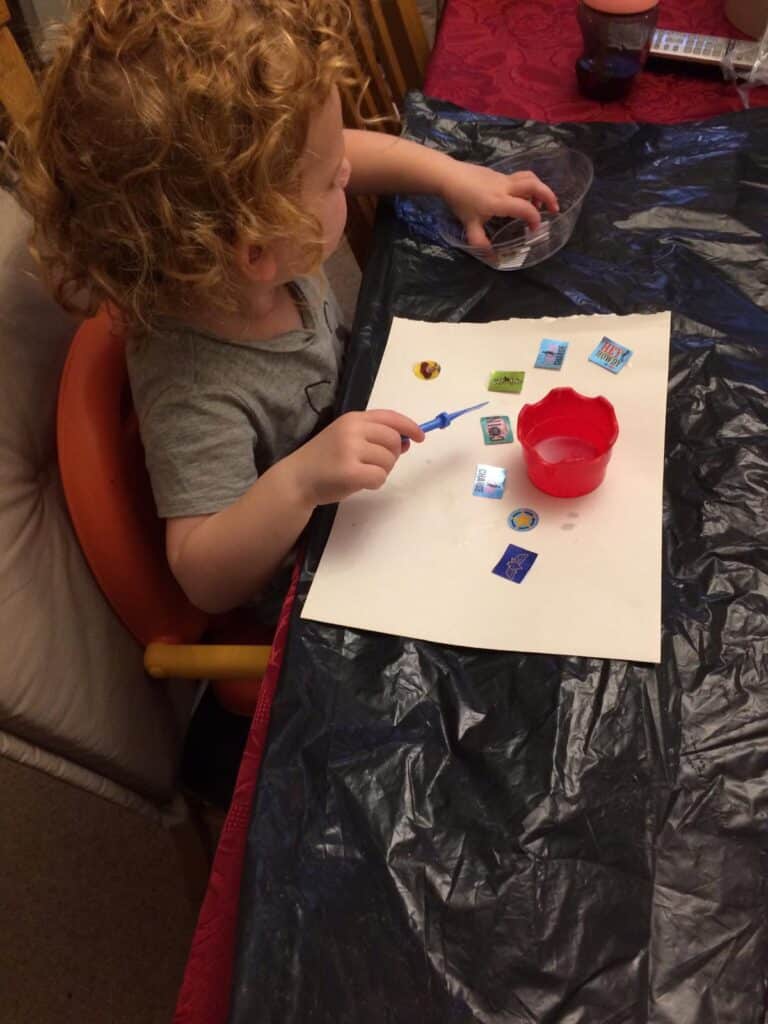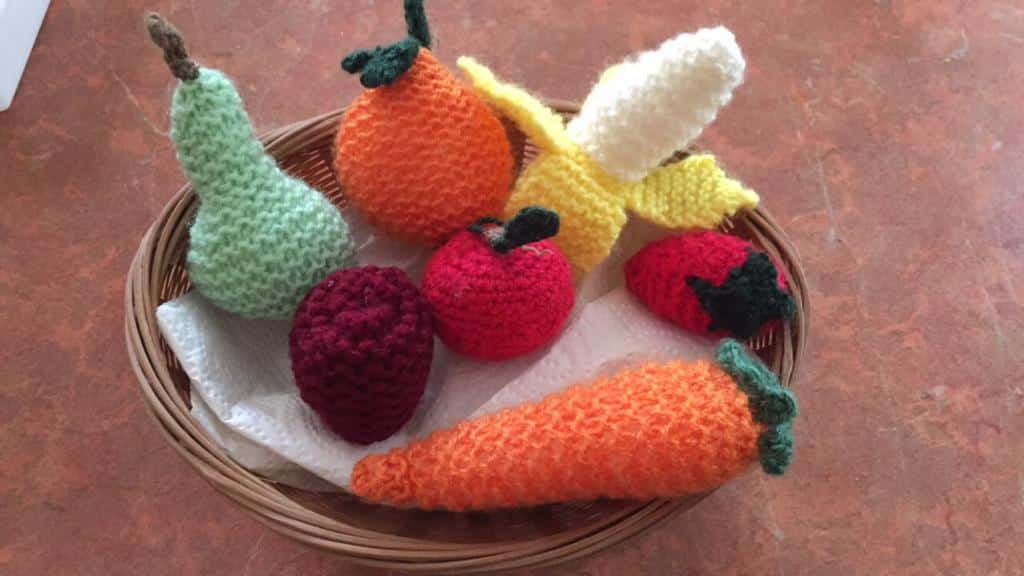Why is imaginative play important?
Imaginative play, or ‘symbolic’ play, is important because it suggests that your child understands that one object or picture can symbolise another, just as a word represents an object.
During imaginative play, your child is beginning to understand the idea of symbols, which eventually leads to being able to think in abstract ways such as expressing ideas, and solving problems.
When your child can play appropriately with teddies and doll sized toys, it indicates that they are ready to cope with symbolic information. They are also ready for language, because language depends on words which are the ultimate, abstract form of symbols.
Large doll and teddy play

- Involve a dolly or teddy in everyday situations and provide appropriate matching objects, for example – your child can feed teddy as they are being fed, or wash teddy’s face when their face is being washed etc
- If necessary, show your child how to use the objects on teddy
- Gradually provide these opportunities to your child at other times i.e. not in the real situation
Miniature or small world play

- To encourage the understanding of miniatures, play with the real object and then the miniature, for example – your child pretends to drink from a large cup, then hand them a miniature cup (you may need to model drinking from the miniature)
- Show your child how to relate these miniature objects to dolls and teddies
- With an older children at this level, play matching games such as pairing up the real sized and miniature objects
Picture play

- Match objects to pictures/photographs of those objects
- Your child may respond to coloured pictures first, but your child’s visual perception skills should be considered
- Gradually introduce the use of inset puzzles and jigsaws

Top tips:
- Playing with your child is essential, as you will be the inner voice of your child as you role play with them at each stage of imaginative play
- When talking through what you are doing during the play you will naturally be using ‘doing words’ (verbs) in your speech, such as: ‘teddy is drinking his drink’ and ‘I am washing baby’ – these words are really important for your child to learn because they connect words together in a sentence
- You can also use the ‘doing words’ when commenting on your child’s play, for example – ‘Millie is running up the garden!’
